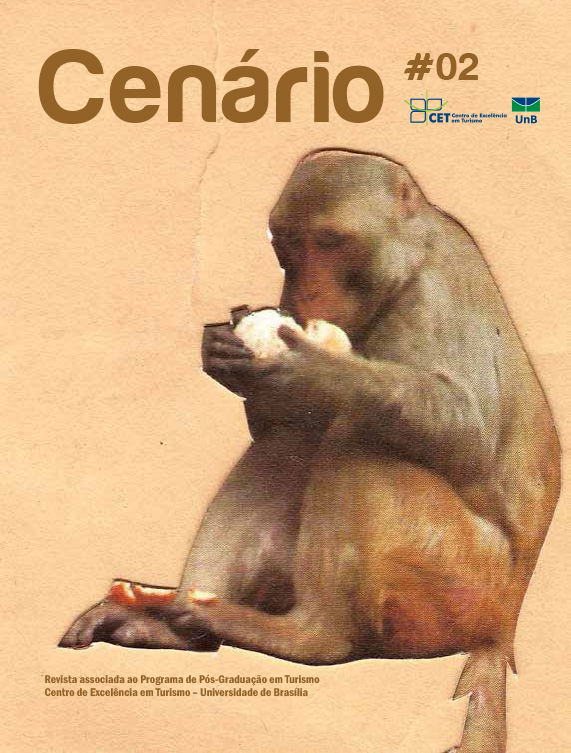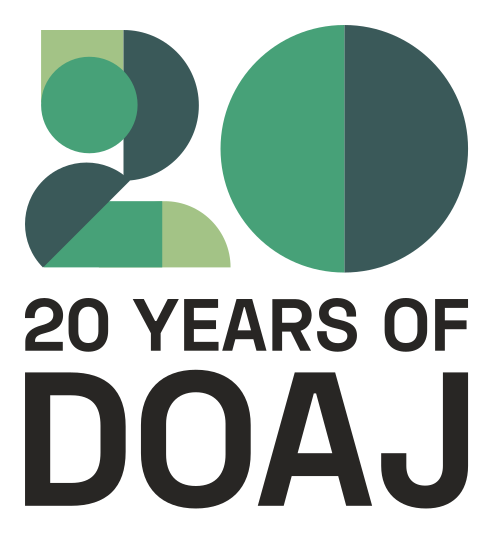Patron saint feast and festive rituals in kalunga territory : the meaning of tradition in a heritage site
DOI:
https://doi.org/10.26512/revistacenario.v2i2.15199Keywords:
Geografia. Turismo.Abstract
The patrons saints festivities held in the quilombolas communities of Sítio Histórico e Patrimônio Cultural Kalunga, in Goiás, are traditions that bind symbolic values to the material reproduction of life. The purpose of this article is to understand the meaning of these festive traditions and its insertion in a heritage site, from a patron saint feast in which was held fieldworks and participatory research - the Romaria de Nossa Senhora Aparecida. In its religious dimension, the feasts and the religious rituals assign senses of belonging to the space and, to the group that share and experience this space, their own identity. Thus, is possible to say that the heritage of these communities is not perceived by its residents based on the attributes of an institutional legacy to their territory, but mainly, by the meaning of tradition collectively experienced, which maximizes the affective relations in the place.
Downloads
Downloads
Published
How to Cite
Issue
Section
License
1. Proposta de Política para Periódicos de Acesso Livre
Autores que publicam nesta revista concordam com os seguintes termos:
Autores mantém os direitos autorais e concedem a revista o direito de primeira publicação, sendo o trabalho simultaneamente licenciado sob a Creative Commons Attribution License o que permite o compartilhamento do trabalho com reconhecimento da autoria do trabalho e publicação inicial nesta revista.
A contribuição é original e inédita, e não está sendo avaliada para publicação por outra revista.
Autores cedem os direitos de autor do trabalho que ora apresentam a apreciação do Conselho Editorial da Revista Cenário, que poderá veicular o artigo na Revista Cenário e em bases de dados públicas e privadas, no Brasil e no exterior.
Autores declaram que são integralmente responsáveis pela totalidade do conteúdo da contribuição que ora submetem ao Conselho Editorial da Revista Cenário.
Autores declaram que não há conflito de interesse que possa interferir na imparcialidade dos trabalhos científico apresentados ao Conselho Editorial da Revista Cenário.
Autores têm autorização para assumir contratos adicionais separadamente, para distribuição não-exclusiva da versão do trabalho publicada nesta revista (ex.: publicar em repositório institucional ou como capítulo de livro), com reconhecimento de autoria e publicação inicial nesta revista.
Autores têm permissão e são estimulados a publicar e distribuir seu trabalho online (ex.: em repositórios institucionais ou na sua página pessoal) a qualquer ponto antes ou durante o processo editorial, já que isso pode gerar alterações produtivas, bem como aumentar o impacto e a citação do trabalho publicado.











